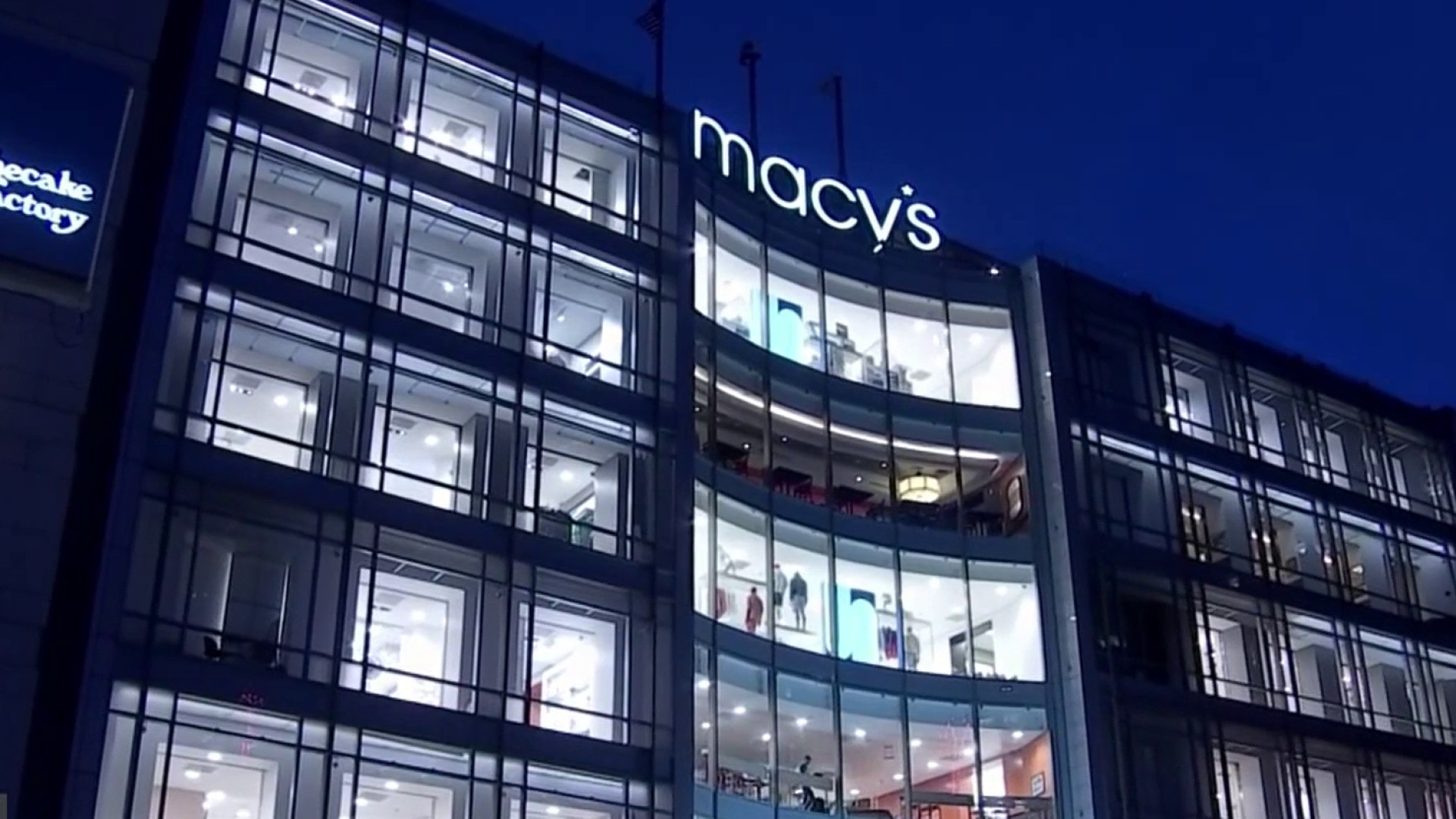In the 16 years that 64-year-old Theresa Sparks has called San Francisco home, she has become arguably the most high-profile transgender activist.
She came to San Francisco thinking it would be more open to all types of people but found that wasn't necessarily the case.
"Sometimes, we believe our own press," Sparks said. "We have a progressive, liberal kind of reputation ,and I think there are a lot of progressives, liberal people here trying to to the right thing, but to say they are welcoming everybody? We see a lot of communities that aren't necessarily welcomed in this community."
Sparks has spent her time here trying to change that, first as an activist, then holding prominent positions like president of the San Francisco Police Commission and most recently as the Human Rights Commission executive director.
Sparks grew up in Kansas, served in the Navy, got married and became a father of three.
She was a self-described macho man, a cigar smoking CEO who rode a Harley and coached his kids' sports teams.
During that time, Sparks admits she knew she wasn't being true to herself or her family.
Local
"It wasn't like I was gay or I was feminine or anything else. It was exactly the opposite," Sparks said. "That's what people have a hard time understanding."
When she did transition, in 1997, she lost everything: her business associates, her fortune and her family.

"My family didn't talk to me, my kids didn't talk to me for seven, eight years," Sparks said.
These days, Sparks said her relationship with her three kids is better than ever.
"I talk to my youngest son every night. The funny thing is, once we got over the transition, they kind of mourned their father dying as they saw this new person arising. They came to the conclusion that it is really the same person. We talk about the same stuff. We just don't talk about cosmetics or high heels," Sparks said with a laugh.
Sparks is optimistic about the transgender community. She said she sees a movement and momentum that wasn't there when she transitioned in 1997.
"When I transitioned, and I think a lot of transgender people feel this way, I was ashamed. I felt guilty," Sparks said. "I would've never thought 10 years ago that at some point I would be sitting here and saying I'm really blessed to be a transgender."



